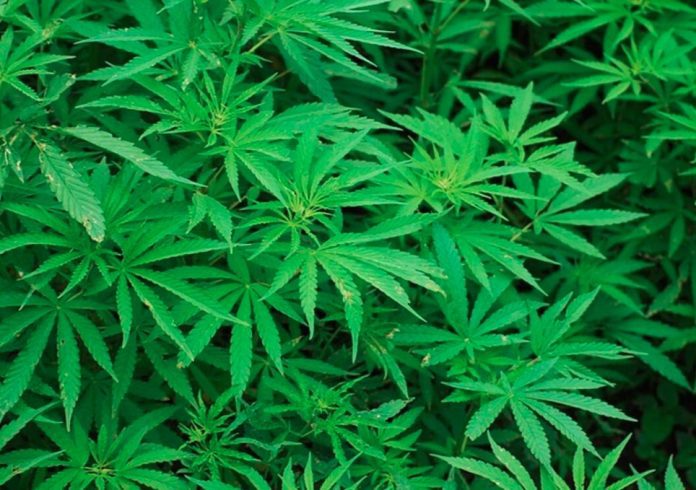News in brief: Ghana’s parliament passed a bill legalising cannabis cultivation for industrial and health purposes, with the condition that it cannot exceed 0.3% THC. This move opens up opportunities for Ghana-based companies to enter the global cannabis market, which is projected to reach $444.34 billion by 2030.
The Parliament of Ghana has passed a bill to legalise the cannabis cultivation in the country for industrial and health purposes. Speaker Alban Bagbin made the announcement during a recent proceeding, according to news reports. He disclosed that the Narcotics Control Commission Amendment Bill was approved after its third reading.
This news comes after the Supreme Court struck out section 43 of the bill as unconstitutional, hindering its passage. The section, Special provision relating to cannabis, stipulates that the Minister, on the Commission’s recommendation, may grant a license for cannabis cultivation provided that it meets certain criteria.
For example, it would not contain more than 0.3 per cent Tetrahydrocannabinol (THC) on a dry weight basis for industrial purposes for obtaining fibre or seed for medicinal purposes. This chemical is the crop’s major psychoactive constituent and it is responsible for the “high” associated with smoking marijuana and can also lead to central nervous system depression.
One possible outcome of this law is that it allows companies to obtain licenses and grow the crop for fibre, seed or medicines. Ghana can corner shares of the $43.7 billion global cannabis market. However, it is important to note that the Ghana bill does not permit cannabis cultivation for recreational use.
The global market is expected to reach $444.34 billion by 2030 at a compound annual growth rate (CAGR) of 34.3% and from the $57 billion that it is project to be worth in 2023.
Ghana now joins the list of countries where cannabis production is legal, like Canada and the United States, where there are legal frameworks for its cultivation, consumption, and retail distribution. South Africa has also legalised cultivation, but is yet to permit retail sales.



